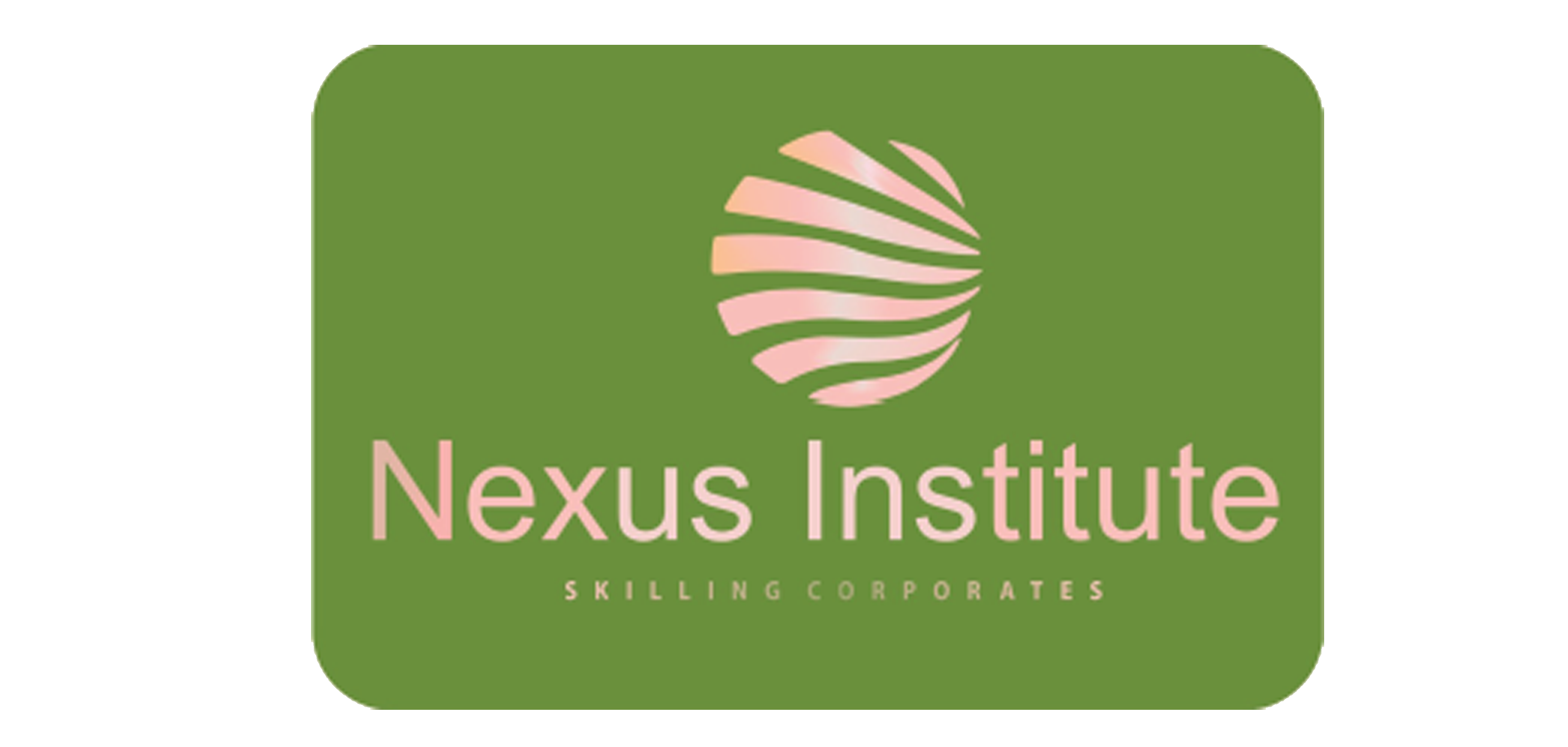Course Overview
Overview:
This course in renewable energy is designed to provide participants with a comprehensive understanding of various renewable energy technologies, their applications, and their role in sustainable development. Participants will learn about different sources of renewable energy, including solar, wind, hydro, biomass, and geothermal energy, as well as energy storage and management systems. Through a combination of theoretical learning, practical demonstrations, case studies, and hands-on training, this course aims to prepare individuals for careers in the renewable energy sector and promote the adoption of renewable energy solutions worldwide.
Objectives:
- Introduce participants to the fundamentals of renewable energy, including sources, technologies, and applications.
- Provide an overview of renewable energy policies, regulations, and market trends.
- Educate participants on the design, installation, operation, and maintenance of renewable energy systems.
- Foster critical thinking and problem-solving skills in addressing challenges and opportunities in renewable energy.
- Promote awareness and advocacy for the adoption of renewable energy solutions for sustainable development.
Duration:
The duration of the course may vary depending on the depth of coverage and the availability of resources. A comprehensive course could span from several weeks to several months, typically with a mix of classroom sessions, practical workshops, field visits, and project work.
Detailed Content:
Module 1: Introduction to Renewable Energy
- Overview of renewable energy sources, technologies, and applications
- Benefits and challenges of renewable energy adoption
- Renewable energy policies, regulations, and market dynamics
Module 2: Solar Energy
- Solar radiation basics and solar energy conversion technologies
- Photovoltaic (PV) systems: components, design, installation, and maintenance
- Solar thermal systems: types, applications, and performance analysis
Module 3: Wind Energy
- Wind energy resource assessment and site selection
- Wind turbine technology: types, components, and operation
- Wind farm design, installation, and integration with the grid
Module 4: Hydroelectric Energy
- Types of hydro power systems: run-of-river, reservoir, and pumped storage
- Hydro power plant components, operation, and maintenance
- Small-scale hydroelectric systems: design considerations and applications
Module 5: Biomass Energy
- Biomass feed stocks, conversion technologies, and applications
- Biomass power generation: combustion, gasification, and anaerobic digestion
- Bio fuels: production, utilization, and environmental impacts
Module 6: Geothermal Energy
- Geothermal resources and exploration techniques
- Geothermal power plant technologies: binary, flash, and dry steam
- Direct use of geothermal energy: heating, cooling, and industrial applications
Module 7: Energy Storage and Management
- Energy storage technologies: batteries, pumped hydro, compressed air, and thermal storage
- Grid integration and smart grid technologies for renewable energy systems
- Energy management systems: optimization, control, and demand-side management
Module 8: Case Studies and Project Work
- Case studies of renewable energy projects and initiatives worldwide
- Project-based learning: design, implementation, and evaluation of renewable energy projects
- Presentations and discussions on project outcomes and lessons learned
Training Methodology:
- Classroom Sessions: Theoretical concepts will be taught through lectures, presentations, and discussions on renewable energy fundamentals, technologies, and applications.
- Practical Workshops: Hands-on training will be provided in renewable energy system design, installation, operation, and maintenance.
- Field Visits: Participants will visit renewable energy facilities, project sites, and research institutions to observe real-world applications and learn from industry experts.
- Group Activities: Participants will engage in group projects, case studies, and problem-solving exercises to apply their knowledge and skills in renewable energy.
- Demonstrations: Instructors and guest experts will conduct demonstrations of renewable energy technologies, equipment, and systems.
- Simulation Exercises: Virtual simulations and modeling tools will be used to simulate renewable energy system performance, optimization, and integration.
- Feedback and Evaluation: Ongoing feedback will be collected from participants to assess understanding, skill development, and project outcomes. Formal assessments may include quizzes, assignments, presentations, and project reports.
This course in renewable energy offers a comprehensive learning experience that combines theoretical knowledge with practical skills, industry insights, and project-based learning, preparing participants for careers in the renewable energy sector and contributing to the global transition to sustainable energy systems.



